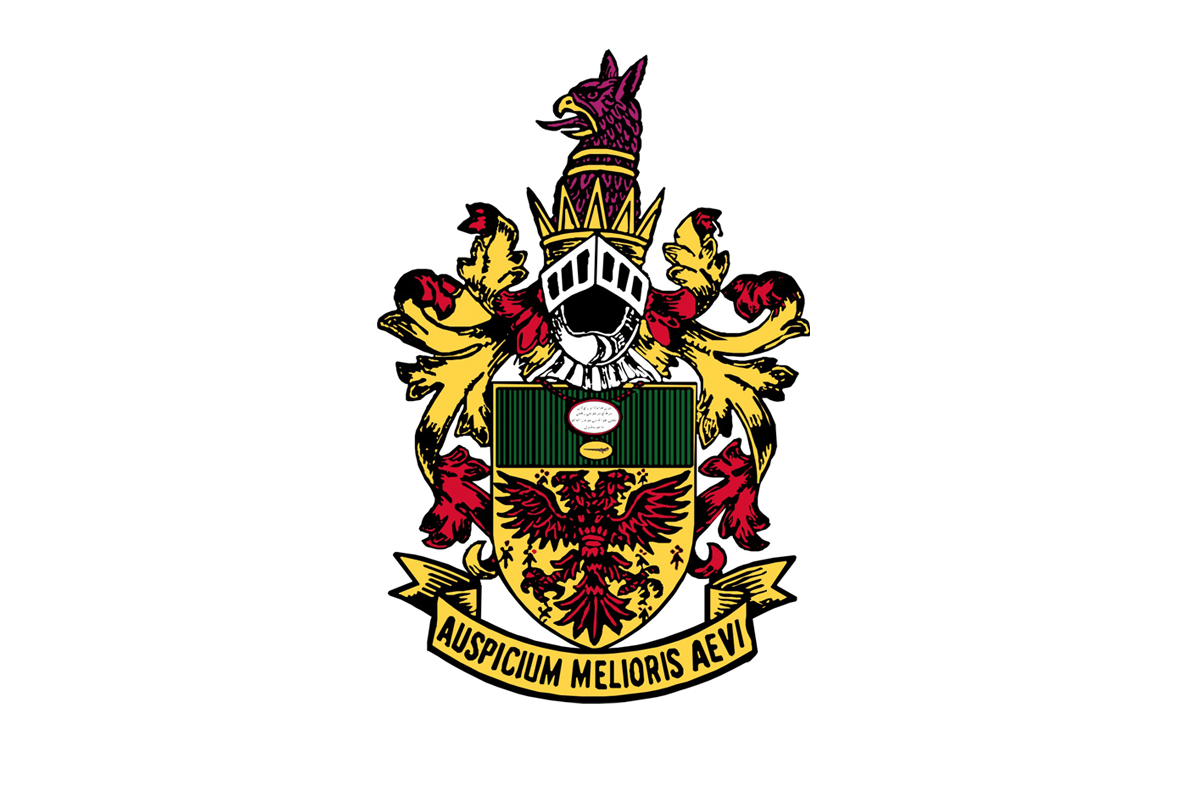
As the PAP candidates walked into Raffles Institution (RI) on the morning of Nomination Day on 1 September in their smart white outfits, I could not help recalling the old joke: When RI boys grow up and become parliamentarians, they will not even have to change their uniforms.
Joke aside, it is a fact that a good number of our public service and political leaders have walked through the hallowed halls of RI. So, it is unsurprising that in 2015 we find all three institutions (RI, the PAP and the government) at the centre of a national conversation on meritocracy and elitism.
Earlier this year, the 2014/15 S R Nathan Fellow for the Study of Singapore Ho Kwon Ping pointed to the high concentration of former Rafflesians receiving government scholarships which groom them for the top echelons of the civil service. In his Founder’s Day speech in July, RI Principal Chan Poh Meng warned his students that they “can no longer afford the comfortable illusion that RI is truly representative of Singapore”.
Both sets of comments come on the back of public discomfort that our traditional academic meritocracy has begun to reinforce socio-economic class lines. This feeds into the perception that PAP leaders are suffering from an inability to relate to the experiences and struggles of the average heartlander because while they may have initially deserved their place at the pinnacle of Singaporean society, they have become too far removed from the ground to empathise with the lot of the common man.
A different and perhaps less damning perspective is simply that our traditional definition of “merit” has become less useful for governance in the 21st century. The challenges of being a complex, affluent, developed society means that other leadership abilities are needed. As a result, some may feel that the PAP is too set in its old ways for their liking.
This sentiment must be a source of frustration for the PAP government that has tried to make the education system more pluralistic in its end goals than ever before. It has emphasised other sorts of talents and abilities than just excelling in exams and put in financial support to level up disadvantaged students.
Policies like the SkillsFuture scheme upend traditional assumptions that there is a single route to success. Even before that, the investments on the quality of graduates from our polytechnics and Institute of Technical Education aimed to do the same.
The problem is that the outcome of these shifts will take a while to impact the make-up of Parliament. While a few candidates this GE – like Mr Louis Ng of the animal protection charity ACRES – are breaking the mould by entering politics with skills and perspectives from sectors less associated with the term “elite”, the PAP still largely recruits from the same few dependable talent pools. These include the uniformed and civil services, and those whose backgrounds are underpinned by stellar academic credentials.
One way of looking at this ground-up sentiment, that political leaders are out of touch, is to see it as a rejection of the “trustee” model of representation. No longer can political leaders expect to be left alone after elections to do what they think is best on behalf of those who voted them in.
Instead, Singaporeans now expect their political officeholders to follow a “delegate” model of representation, which takes into serious consideration the will of the masses in most issues, whether major or minor.
This expectation is not new. The PAP has introduced public consultation systematically since the administration of Prime Minister Goh Chok Tong between 1990 and 2004.
Another way to see it is that the Singaporean electorate has matured – it is not so much that Singaporeans do not trust their leaders, but that they think they are mature enough to make their own decisions whether those prove to be right or wrong in the end. On the other hand, one might also worry about whether this trend will lead us to a Singapore that is governed by populism, with long-term stability sacrificed for short- term whims.
What makes for a mature democratic electorate? Traditionally, we think of maturity in objective terms – the ability to make decisions taking all the necessary considerations on board; the ability to delay gratification; the ability to think of long-term interests; and the ability to think of others apart from oneself.
Assessing the maturity of the Singapore electorate is always going to be subjective. What we do know is that people are less likely than before to be of one mind about what constitutes the “common good” and about what constitutes the “correct” decisions about our future.
The main opposition Workers’ Party has traditionally drawn its candidates from a broader pool than the PAP. In recent years however, its number of Oxbridge graduates have increased, and it is interesting then that it does not seem to suffer from similar accusations of elitism that the PAP does. Instead, their credentials seem to raise the credibility of the light blue brand. Perhaps what this suggests is that there is a sweet spot where a leader can be a trustee and a delegate, and be seen to be book-smart yet street-smart.
In this sweet spot, leaders would be facilitators of conversations, active listeners, inspirational, able to pull together collective efforts from the ground and match them against the more technocratic input of a first class public service to derive solutions that the public can identify with.
Dr Johannis Aziz is a Research Fellow at IPS. View his profile here
Photo by Arissa Lee for Mothership.sg
